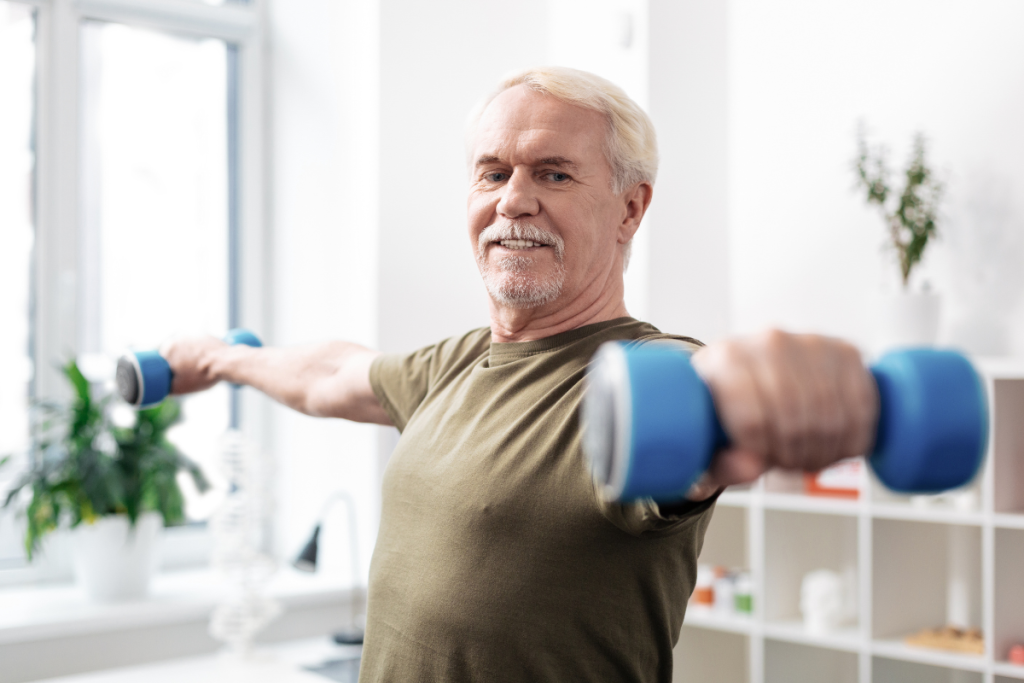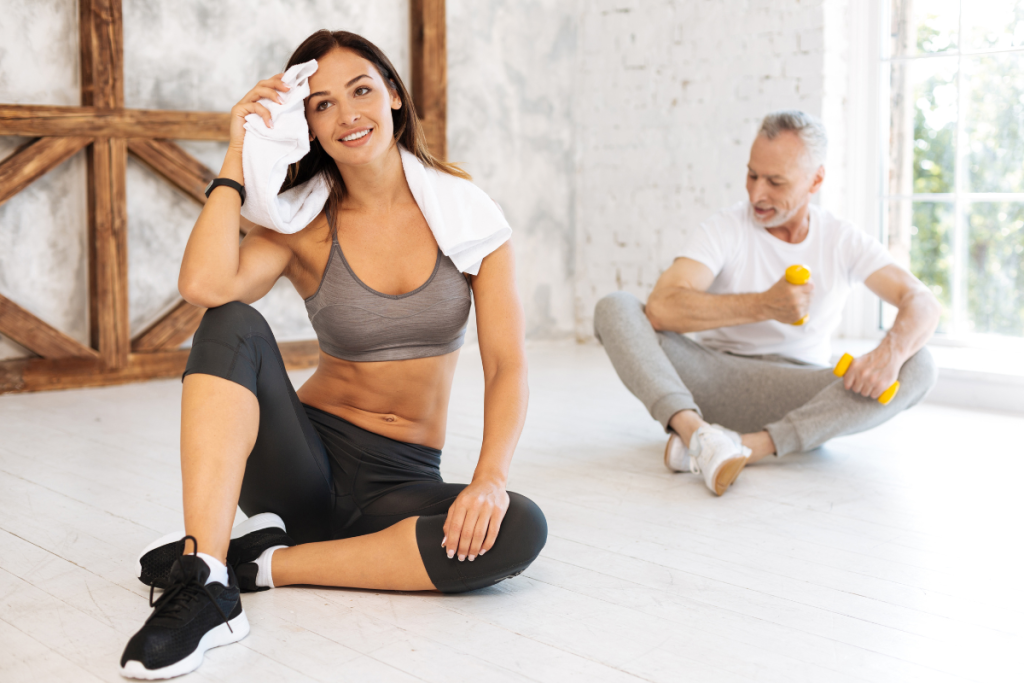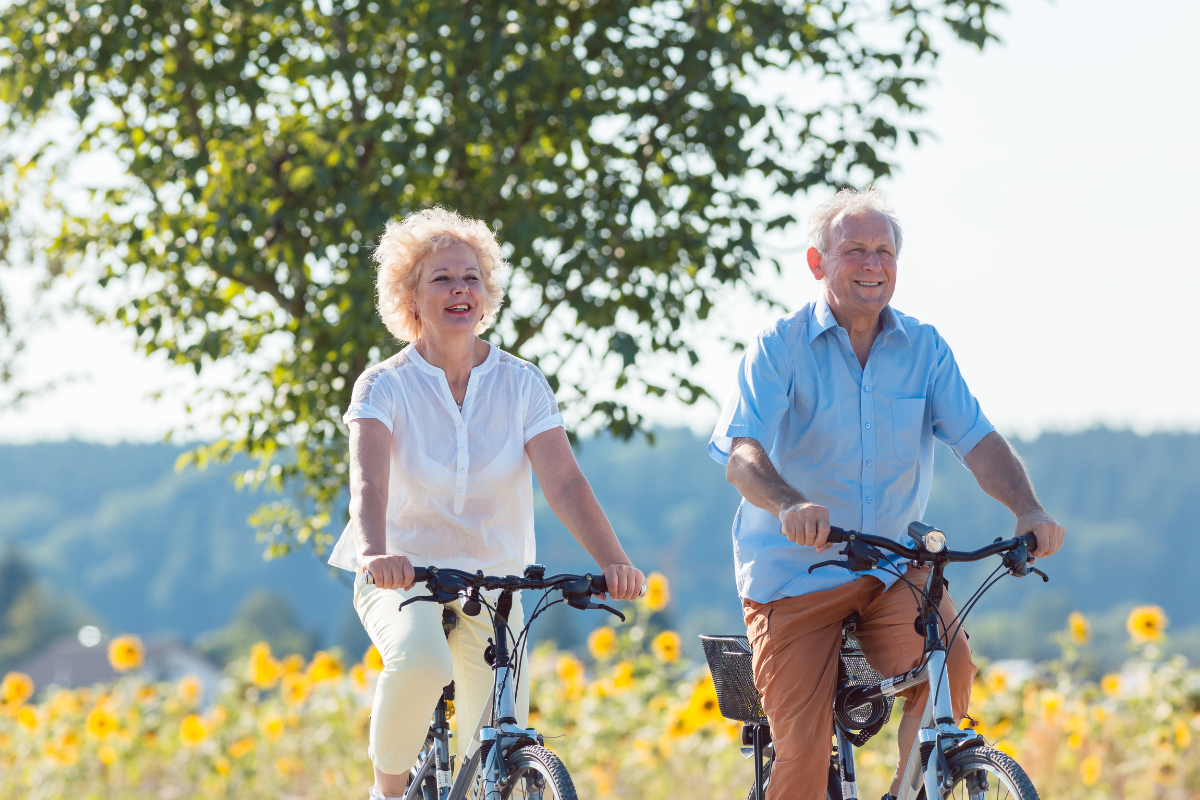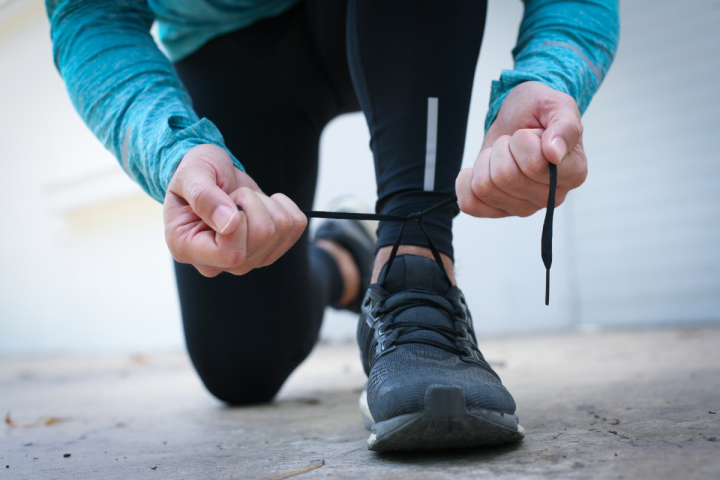More and more people around the world are developing diseases of civilisation - heart attacks, obesity, diabetes, chronic stress, depression, postural defects - which are associated with a busy, careless lifestyle. Today's ailments not only impede daily functioning, but also reduce life expectancy. Is there a way to remedy this? Rescue is physical activity. Practising gymnastics every morning and longevity are linked.
Nowadays, we are constantly looking for ways to improve the quality and length of life. One of the most documented and effective tools in this field is exercise. Physical activity, regardless of age, has a huge impact on our health and can make a significant contribution to prolonging life. Why is this the case? What mechanisms ensure that regular exercise protects us from disease and delays the ageing process?
How does physical activity affect specific systems?
Regular physical activity is one of the most important factors for heart health. Studies show that people who regularly participate in sport have a significantly lower risk of cardiovascular diseases such as hypertension, atherosclerosis or heart attack. Exercise supports heart function, increases heart efficiency and improves blood circulation, which reduces the risk of blood clots.
One of the main risk factors for premature death is metabolic diseases such as type 2 diabetes, obesity or metabolic syndrome. Regular exercise helps regulate blood glucose levels, improves insulin sensitivity and aids weight control. This reduces the risk of diabetes and other metabolic disorders that can lead to serious health complications.
In addition, physical activity also has a positive effect on the immune system. Studies show that moderate exercise can increase the body's resistance to infection and accelerate regenerative processes. A strengthened immune system is more effective against viruses, bacteria and other pathogens, resulting in less illness and better overall health.
Movement is not only beneficial for the body, but also for the mind. Regular physical activity helps to reduce stress, improve mood and prevent depression. Exercise releases endorphins in the body, known as happy hormones, which improve mood and help to combat daily stress. Mental health is a key element of longevity, as stress and depression can significantly shorten life.

How does morning movement affect body function?
There are so many benefits to a morning workout that it's worth overcoming sleepiness and getting up early to do a series of exercises. Physical activity triggers the release of endorphins - the happiness hormone. A good mood promotes productivity and creativity, and a stimulated nervous system helps you to concentrate better on tasks. What's more, physical exercise reduces stress levels, which are so damaging to health. Stimulating the body also stimulates the brain, which assimilates and processes information faster. Regular exercise promotes mental fitness into old age.
Issue "gymnastics and longevity" can be intriguing and leads to the question of how physical exercise affects life expectancy. Starting in the morning speeds up the metabolism, making it easier to avoid obesity and therefore diabetes or joint problems. The accelerated fat burning process does not end with gymnastics, but continues for the next few hours, even if it is sitting at a desk. The vascular and cardiovascular system is also improved, which is particularly important for middle-aged and elderly people. Overall good health ensures a longer and better quality of life.
Movement and long life - what physical activity to take up?
Exercise has a positive effect on people of all ages. Not every activity can be done by everyone - when choosing the type of exercise, it is important to consider individual limitations, injuries, as well as preferences. Gymnastics and longevity - it does not really matter what kind of sporting activity is performed, what is more important is the regularity and correctness of the exercise. Many people like to start their day with a morning jog - a few kilometres run can successfully replace a cup of coffee. For those who prefer a slow awakening, yoga or Pilates will be suitable. These forms of movement allow you to stretch and strengthen your muscles without raising your heart rate significantly. Yoga, Pilates and stretching increase the range of movement, and make muscles more flexible, so it is worth adding them to other workouts.

Gymnastics and longevity
Regular physical activity helps to maintain physical fitness, which is extremely important as we age. Movement strengthens muscles, bones and joints, which helps to maintain independence and self-reliance in old age. Furthermore, studies show that physically active people have a slower cellular ageing process, which can delay the onset of age-related diseases such as dementia and Alzheimer's disease.
You don't have to immediately throw yourself into the deep end and train like a professional athlete. Just 30 minutes of moderate physical activity a day is enough to feel the positive effects of movement. This could be brisk walking, cycling, swimming or dancing. The key is regularity and enjoyment of movement - choose forms of activity that you enjoy and then it will be easier to stay motivated.




